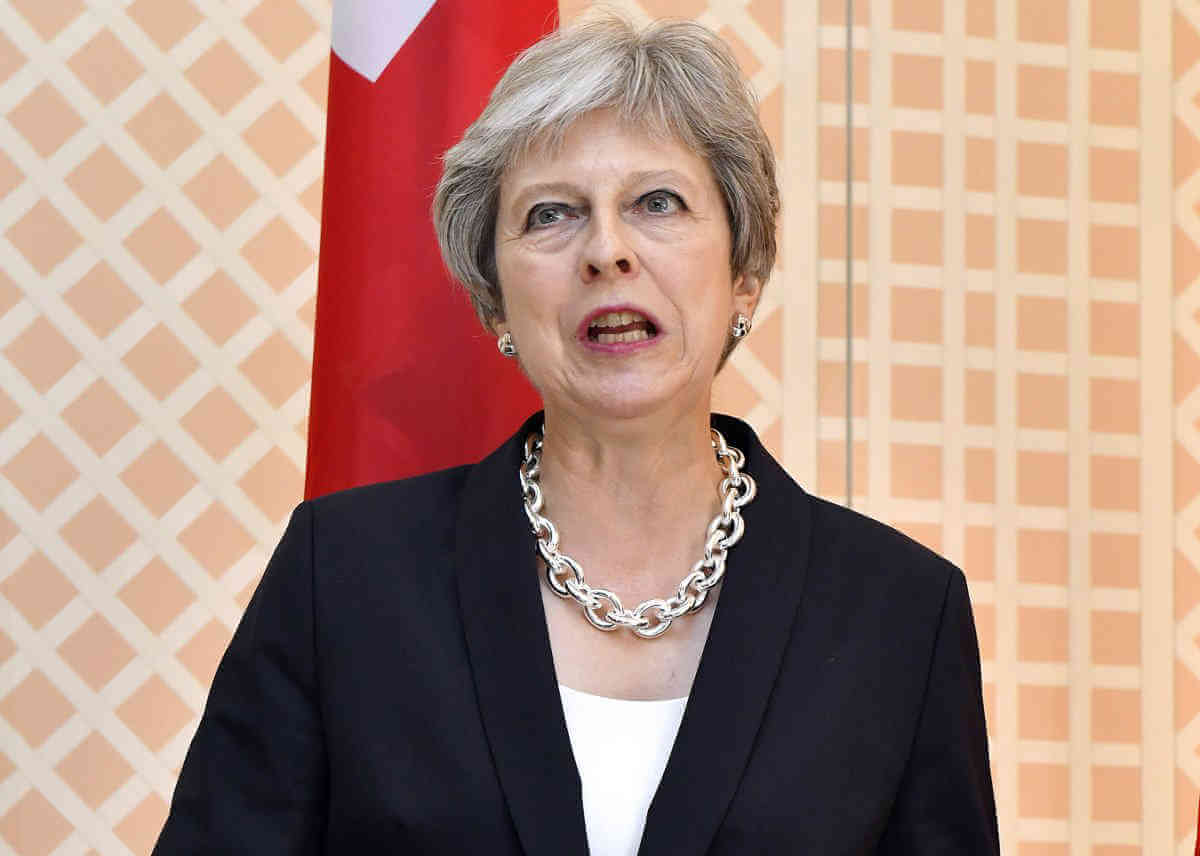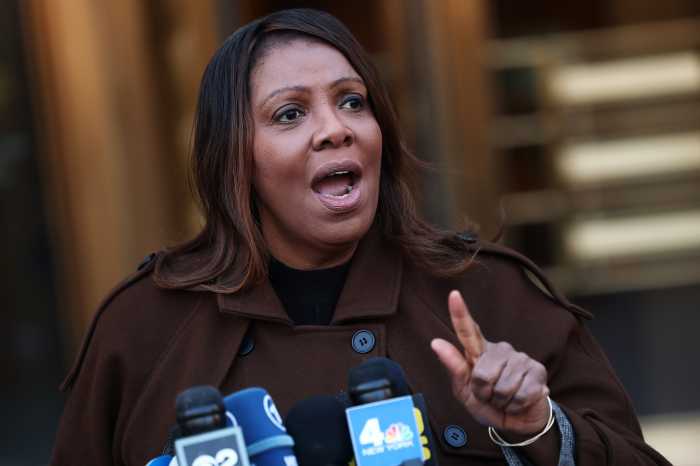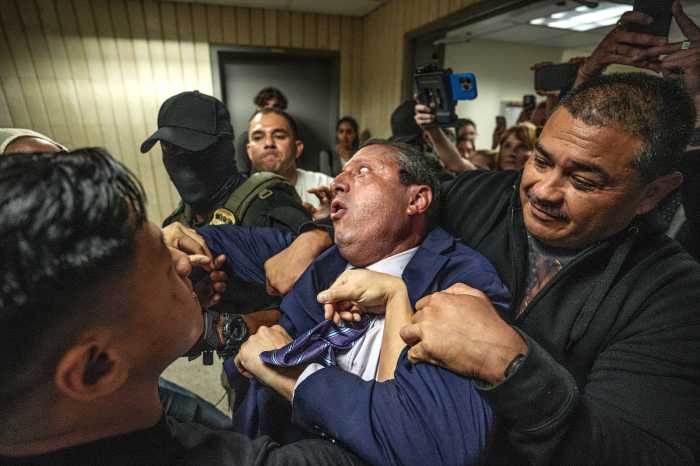British Prime Minister Theresa May has expressed remorse, apologized to Caribbean leaders over the Windrush generation controversy.
At a Downing Street, London meeting on Aug. 17, May said she was “genuinely sorry” about the anxiety caused by the Home Office threatening the children of Commonwealth citizens with deportation, according to the British Broadcasting Corporation (BBC).
May said the United Kingdom (UK) government “valued” the contribution Caribbean nationals had made, adding that they had a right to stay in the UK.
But the apology came amid reports that some Caribbean nationals are still facing deportation, the BBC said.
It said the deportation of one man, which was due to take place last Wednesday, has been halted following an intervention by Labor Member of Parliament (MP) David Lammy.
The Tottenham MP said the mother of 35-year-old Mozi Haynes got in touch with him saying her son was expected to be removed from the country after two failed applications to stay, according to the BBC.
It said Lammy later tweeted that he had been contacted by Immigration Minister Caroline Nokes, who said that Haynes would not now be deported and that his case was “being reviewed.”
Lammy, who has described the controversy a “national disgrace,” urged the children of the Windrush generation facing deportation to contact him, promising “justice will be done,” the BBC said.
Lammy said that of 12,056 deportations in 2015, 901 were over 50 years of age, and 303 were to Jamaica.
He is calling on the Home Office to review all such cases since 2014 to “ensure no wrongful detentions have taken place,” according to the BBC.
It said the Home Office was looking at 49 cases relating to Windrush migrants as a result of calls received on last Tuesday.
In her apology to Caribbean leaders, May said she wanted to “dispel any impression that my government is in some sense clamping down on Commonwealth citizens, particularly those from the Caribbean who have built a life here,” according to the BBC.
She said the current controversy has arisen because of new rules, introduced by her as home secretary, designed to make sure only those with the right to remain in the UK could access the welfare system and the National Health Service (NHS), reported the BBC.
“This has resulted in some people, through no fault of their own, now needing to be able to evidence their immigration status,” May told the foreign ministers and leaders of 12 Caribbean nations at Downing Street.
“And the overwhelming majority of the Windrush generation do have the documents that they need, but we are working hard to help those who do not,” she added.
“Those who arrived from the Caribbean before 1973 and lived here permanently without significant periods of time away in the last 30 years have the right to remain in the UK, as do the vast majority of long-term residents who arrived later,” May continued. “And I don’t want anybody to be in any doubt about their right to remain here in the United Kingdom.”
A new taskforce and helpline have been established for immigrants who arrived from the Commonwealth decades ago as children but were now being incorrectly identified as illegal immigrants, the BBC said.
Jamaica’s Prime Minister Andrew Holness said he has accepted Theresa May’s apology, adding: “I believe that the right thing is being done at this time.”
He said he did not know how many people had been affected by the controversy, but added that it was “at least” in the hundreds, according to the BBC.
Dr. Timothy Harris, prime minister of St. Kitts and Nevis, said: “We see this basically as the start of the dialogue, as evidence is uncovered which requires correction.”
According to the BBC, thousands of people arrived in the UK as children in the first wave of Commonwealth immigration 70 years ago, often on their parents’ passports.
They are known as the Windrush generation, a reference to the ship, the Empire Windrush, that brought workers from the West Indies to Britain in 1948, the BBC said.
It said that, under the 1971 Immigration Act, all Commonwealth citizens already living in the UK were given indefinite leave to remain.
But the BBC said the Home Office did not keep a record of those granted leave to remain or issue any paperwork confirming it, meaning it is difficult for the individuals to now prove they are in the UK legally.
Changes to British immigration law in 2012, which require people to have documentation to work, rent a property or access benefits, including healthcare, have highlighted the issue and left people fearful about their status, the BBC said.


























